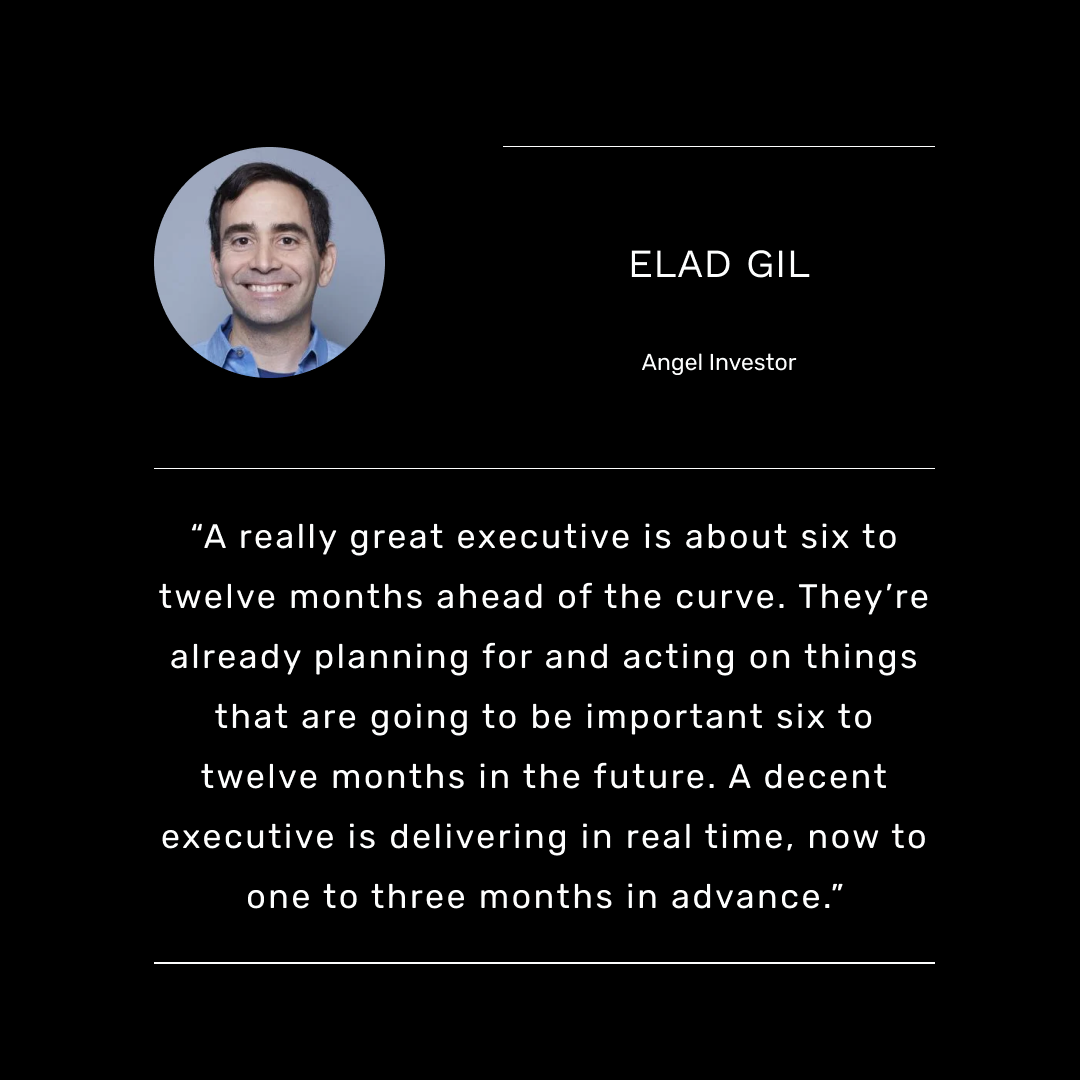
If you want to invest in startups, you first have to lock in a due diligence process.
Diligence looks different for every investor. It involves evaluating the company’s financial, legal, and operational aspects to identify potential risks and opportunities. This process is meant to uncover any red flags, and it helps investors make informed decisions about investing in a startup.
In this article, we will cover the due diligence process and its importance, evaluation criteria, financial analysis, and assessing market potential, competitive landscape, and risks. After reading this, you should have a better grasp on how to underwrite startup opportunities.
Related reading: Venture Capital Due Diligence: A Comprehensive Check-List


Startup investing is about maximizing upside; due diligence is about protecting against the downside.
Due diligence is a thorough process that is meant to uncover potential deal killers before any commitment is made. Deal killers come in many shapes and sizes which is why investors spend so much time making sure they have checked every box before making an investment.
Investors often use various due diligence checklists to ensure that they cover all aspects of the company. The checklist should cover the following areas:
Related: VC Checklist Guide: 74 Items Investors Will Expect in a Data Room
When evaluating a startup, investors need to establish good evaluation criteria and benchmarks.
This criteria is different for each investor, and it helps determine whether a startup is a good investment opportunity. These benchmarks can be quantitative or qualitative, and they are based on what the investor has seen with similar businesses.
Some potential deal screeners include:
Investors need to conduct financial analysis and assess the startup’s business model.
Financial analysis helps investors understand the company’s financial health, profitability, and cash flow. Assessing the business model helps investors understand how the startup generates revenue and its sustainability.
The financial analysis should cover the following areas:
Related: SaaS Metrics Guide: 15 Metrics Every Software Founder Should Track
Investors need to evaluate the startup’s market potential, competitive landscape, and risks. Assessing the market potential helps investors understand the size of the market and the startup’s growth potential. Evaluating the competitive landscape helps investors understand the competition and the startup’s competitive advantage. Evaluating the risks helps investors understand the potential risks associated with investing in the startup.
Some of the factors to consider when assessing market potential, competitive landscape, and risks include:
If you want to invest in startups, you have to understand how to diligence them first. This is the unsexy part of the job, but it is the difference between serious and unserious investors.
It’s easy to get excited about a company after hearing their pitch (it’s literally the job of an entrepreneur to use the pitch to generate hype). Due diligence requires a lot of work digging to uncover the details that matter.
The good news is that due diligence becomes easier the more businesses you evaluate. Venture, like life, is a game of reps, and the more you see, the better you become.
Hopefully this gives some more context on the venture capital due diligence process. If you’re looking for more resources including financial models used by VCs, questions to ask in diligence calls, and how to write investment memos, check out the Ultimate Venture Capital Library.
Additional reading: